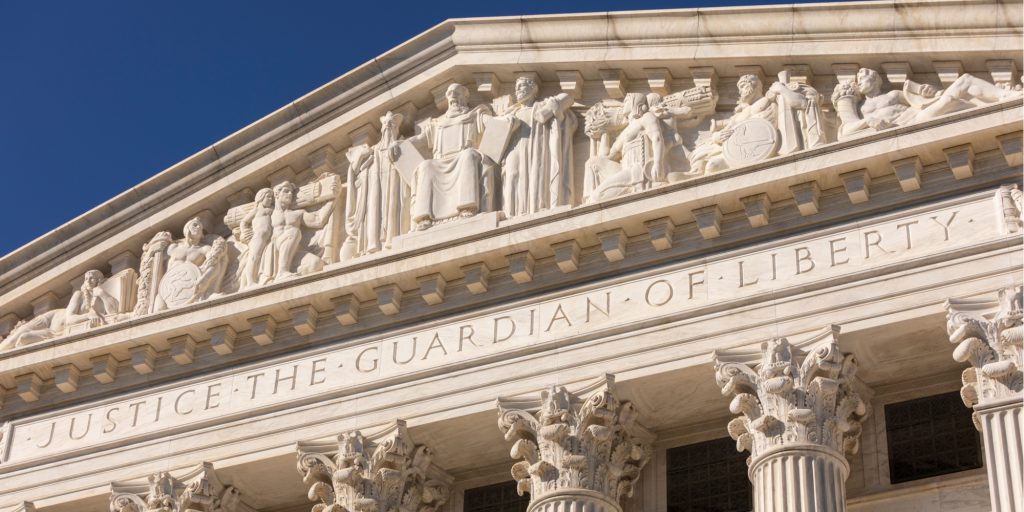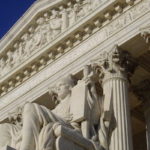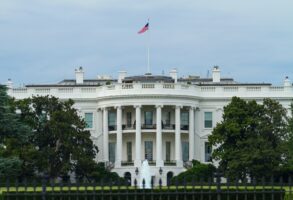
Published June 17, 2021
In one of the most-watched cases of the term, the Supreme Court unanimously ruled today in Fulton v. City of Philadelphia that the city of Philadelphia violated the free-exercise rights of Catholic Social Services, a Catholic foster-care agency, by conditioning CSS’s continued provision of foster-care services on its agreeing to certify same-sex couples as foster parents.
The unanimity on the bottom-line judgment is a big surprise. But it masks a deep divide over whether the Court should have used this case to revisit Employment Division v. Smith, the controversial 1990 case in which a five-justice majority, in an opinion by Justice Scalia, ruled that laws that are neutral and generally applicable do not violate the free-exercise clause even if they burden religious liberty.
Chief Justice Roberts wrote the 15-page majority opinion, joined by Justices Breyer, Sotomayor, Kagan, Kavanaugh, and Barrett. The Chief concludes that it was unnecessary to revisit Smith because Philadelphia’s contractual nondiscrimination requirement incorporated a system of discretionary exemptions that rendered it not generally applicable and thus outside the scope of Smith.
In a three-paragraph concurring opinion, Justice Barrett offers her view that the “textual and structural arguments against Smith are more compelling” than the historical arguments against it. But, asking “what should replace Smith?” if it were to be overruled, she says that she is “skeptical about swapping Smith’s categorical antidiscrimination approach for an equally categorical strict scrutiny regime.” Justice Kavanaugh joined Barrett’s opinion in full. Justice Breyer joined two of its paragraphs, but not the one expressing doubts about the correctness of Smith.
In a 77-page opinion concurring in the judgment — an opinion that I have not yet been able to read with care — Justice Alito, joined by Justices Thomas and Gorsuch, calls for Smith to be overruled and laments that the Court has instead “emitted a wisp of a decision that leaves religious liberty in a confused and vulnerable state.” Alito observes that the Chief’s ruling rests “on what appears to be a superfluous (and likely to be short-lived) feature of the City’s standard annual contract” and that, once the city eliminates that feature, “the parties will be back where they started.” Further, the Court’s ruling “provides no guidance regarding similar controversies in other jurisdictions” and “will be even less significant in all the other important religious liberty cases that are bubbling up.”
As to what should replace Smith, Alito responds:
The answer that comes most readily to mind is the standard that Smith replaced: A law that imposes a substantial burden on religious exercise can be sustained only if it is narrowly tailored to serve a compelling government interest.
In his own concurrence in the judgment, Gorsuch, joined by Thomas and Alito, criticizes the majority for a “dizzying series of maneuvers” that enable it to avoid addressing Smith.
Overall, there would appear to be at least five justices ready (Thomas, Alito, and Gorsuch) or disposed (Barrett and Kavanaugh) to overturn Smith. But Barrett and Kavanaugh are not yet confident what rules should replace Smith.
Edward Whelan is a Distinguished Senior Fellow of the Ethics and Public Policy Center and holds EPPC’s Antonin Scalia Chair in Constitutional Studies.












